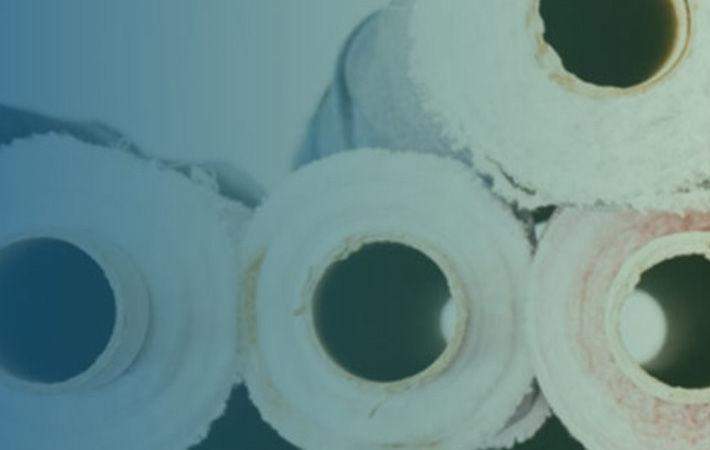
Better Buying's latest Deep Dive examines the impact of buyers’ unique audits on suppliers, and the sustainability impacts on suppliers from conflicting demands and mixed messages on the part of buyer companies, for example where one department might be wanting to reduce worker overtime, while another is pushing a supplier to meet a tight shipping deadline. The most frequently reported impact by suppliers was increased business costs (43.8 per cent), followed by overtime within the law or code requirements (41.5 per cent), high worker and management stress (36.2 per cent), reduced factory efficiency and productivity (35.4 per cent and higher costs of raw materials and component parts (35.4 per cent).
It comes after research by BBI as part of its annual Purchasing Practices Index (BBPPI) revealed that suppliers whose customers accept the SLCP Converged Assessment instead of buyer-specific audits are saving thousands of dollars a year, which they are investing in improvements in the workplace, new technology, worker programmes and community initiatives.
Win-Win Sustainable Partnership includes both the internal alignment of buyer staff on corporate social compliance goals, and the buyer’s contribution to reducing industry-wide audit duplication. It also covers audit harmonisation, a practice that Better Buying considers a 'High Impact' practice due to the frequency with which suppliers report how it is negatively affecting their business, and driving up operating costs.
“Audit harmonisation is an important part of any responsible purchasing agenda. Suppliers are devoting huge amounts of time, and spending large amounts of money, on meeting buyer-specific audits, money that could be invested in improving working conditions, environmentally-friendly technologies, and ensuring workers are paid a living wage,” Dr Marsha Dickson, president and co-founder of Better Buying Institute, said.
“As well as striving for audit harmonisation, our buyer checklist includes a number of other ways brands and retailers can improve their partnerships with suppliers. These include improving cross-functional collaboration within the company so different departments are clear on the company’s overarching priorities, using integrated scorecards that include sustainability indicators as well as KPIs related to price, timing and quality, to provide a more holistic evaluation of your suppliers’ performance, providing meaningful incentives to suppliers, and shouldering more of the financial burden of sustainability improvements,” added Dickson.
Fibre2Fashion News Desk (RR)